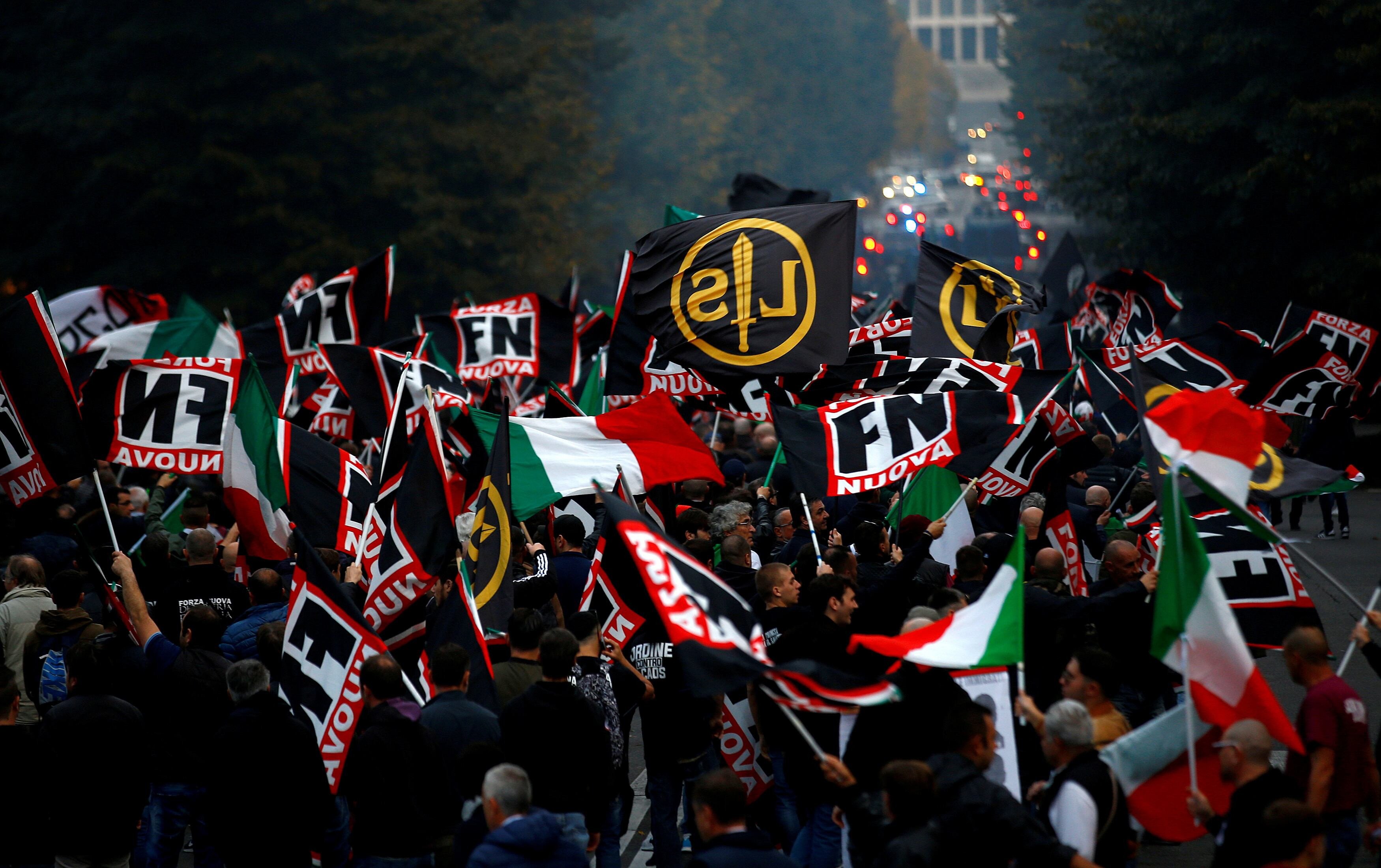Once confined to the political periphery, far-right and nativist parties are now gaining ground across Europe, disrupting the Continent’s delicate equilibrium. From Helsinki to The Hague, their rise is reshaping the political landscape, with mainstream parties sometimes adopting more populist agendas to retain voters.
In France, the spectre of far-right dominance came alarmingly close to becoming reality in last month’s tense snap election, highlighting the increasing influence of these movements. Although the country narrowly averted a far-right takeover, the persistent shadow of rising nationalist sentiment continues to haunt Europe, posing a significant threat to its future direction.
While Marine Le Pen’s Rassemblement National fell short of power in Paris, the party’s growing momentum has invigorated the far-right movement within the Eurozone’s second-largest economy, which, alongside Germany, has long been a pillar of the European Union. In the final tally, Le Pen’s party secured the third spot in the French Parliament with 143 seats, a significant increase from the 88 seats it held in the previous assembly. As President Emmanuel Macron continues his political power struggle with Jean-Luc Mélenchon, the anti-capitalist leader of the far-left La France Insoumise (LFI) within the New Popular Union (NUPES), Le Pen, the doyenne of the Rassemblement National, claimed that her party’s victory has only been ‘delayed’ and that the far-right ‘tide is rising.’
The 'tide' is by no means confined to France.
Earlier, in the Netherlands, a bastion of liberal ideals, far-right lawmaker Geert Wilders achieved a surprising electoral victory, pushing his anti-European Union party past the finish line. After months of negotiations, the Freedom Party (PVV) reached an agreement to form a right-wing coalition government with three other parties.
Continue Reading on The Express Tribune
This preview shows approximately 15% of the article. Read the full story on the publisher's website to support quality journalism.
